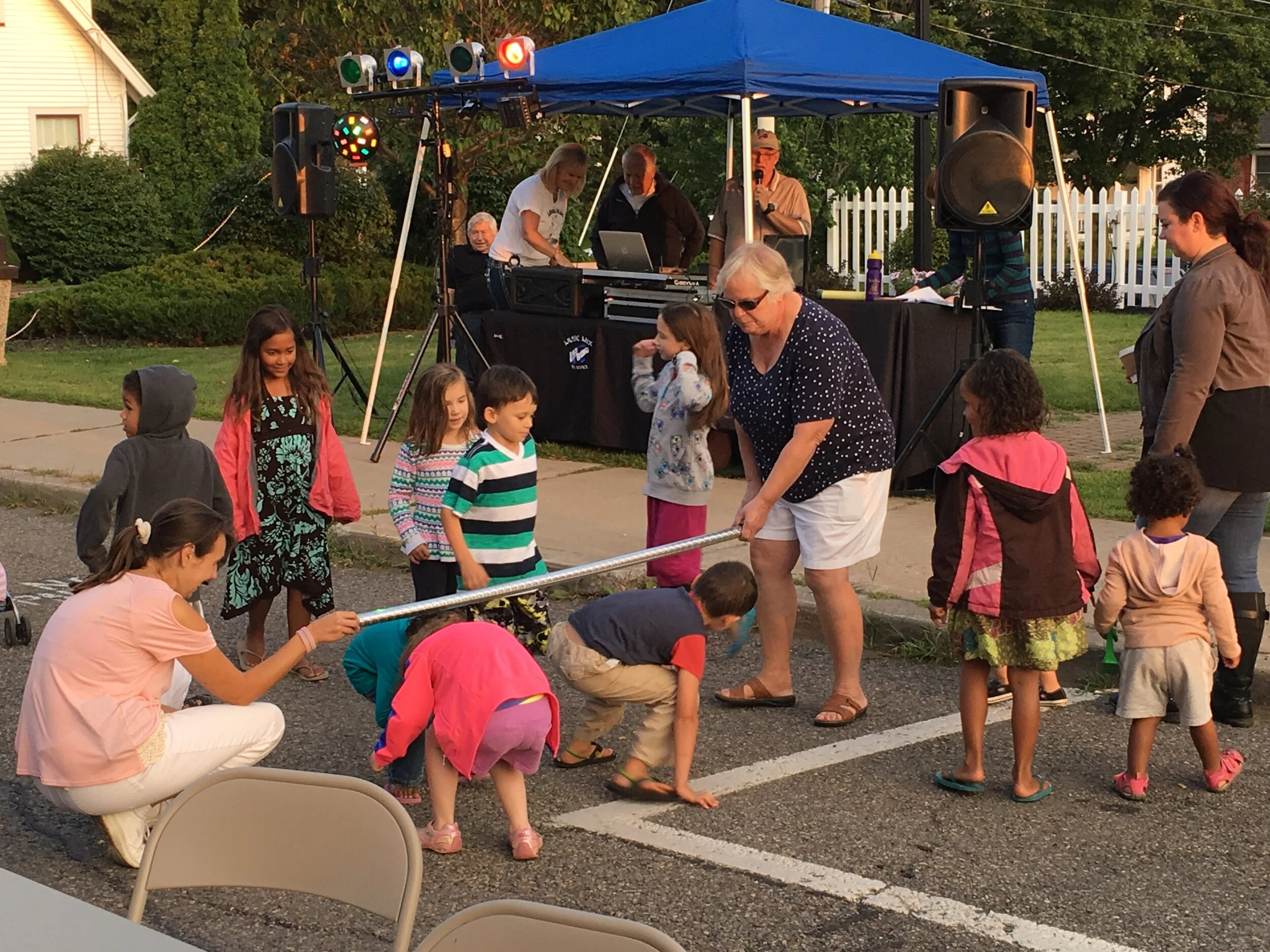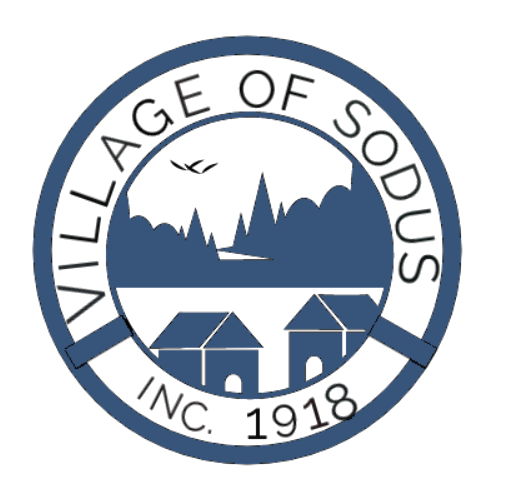
A great place to live and grow…
About the Village
What Is a Village?
In New York State, a village is a small community or group of houses and businesses incorporated into a municipality. That last bit is important. “Incorporated into a municipality.” A village is a local government that serves a very specific geographical location. This local government administers the infrastructure that provides the agreed-upon basic services.
In Sodus, those basic services consist of:
providing potable water to residents’ homes
removing waste water from residents’ homes
maintaining vital infrastructure, such as streets, sidewalks, storm water drainage, and street lighting
providing for public safety
In addition, the Village of Sodus offers a few extra benefits to our citizens, such as leaf and brush removal, free compost, and others.
What a Village Isn’t
Often we hear things like, “They should do this (or that).” Or, “Why don’t they take care of that old building?” Or, “They’re keeping this business (or that business) out.” Or, “Why aren’t they bringing in more businesses?”
Statements like this usually come from a misunderstanding of what a village is (and isn’t).
Local governments, such as towns and villages are in the business of providing services, and their powers are very closely proscribed by the State of New York. The Village does not own much property — most property belongs to private citizens and corporations. We cannot make improvements or modifications to private property except under very specific circumstances. We have Zoning Codes that must be followed and we can act in cases where public safety is threatened, but, in general, we have little authority to take action, even if public sentiment favors it.
And this is a good thing. Consider if the property in question was yours. Would you still want the Village to interfere?
The Village has the power to make our community as attractive to new businesses as possible, by enforcing ordinances, keeping the streets repaired, and making policies that are business-friendly, but the rest is up to private citizens. We cannot bring a business into the Village against its will.
And as for excluding businesses, there is no legal way to favor one business over another. Our Zoning Codes make it clear what types of businesses are allowed and what types are restricted, but that is all. Those decisions are made with the public good in mind and are administered fairly for everyone. No one person in the Village has the influence or authority to deny access to a competitor. And that’s the way it should be. It’s in everyone’s best interests to have new businesses come to town.
About Us
The Village of Sodus occupies 0.9 square mile within the Town of Sodus, on the southern shores of Lake Ontario. Incorporated in 1918, the Village serves the needs of its 1,800 residents by providing potable water, removing waste water, maintaining our infrastructure (streets, sidewalks, drainage, and street lights), and providing for public safety.
Village affairs are managed by an elected Board of Trustees, consisting of four Trustees and the Mayor of the Village. Regular meetings are held the second Tuesday of each month at 6:00 pm in the Municipal Building on Mill Street. Please call the Village Clerk at 315.483.9821 with any questions.
NO QUESTION ABOUT IT!
A Rousing Majority Makes It Certain Sodus Wants Incorporation.
From the Sodus Record, 12 April 1918
A big surprise developed Tuesday when the votes were counted at the close of the special election held to decide upon the incorporation of the village. Those working for the measure predicted early in the voting that the question would win handsomely, but no one was prepared for the landslide which took place.
Two hundred seventy-eight ballots were cast, two hundred thirteen being in favor, sixty-four against and one void.
A campaign of education had been conducted previous to the election by those in favor of incorporation, showing as nearly as possible what the effect of the measure would be, and the fact that the business of the community would be directly under the control of the citizens of the village appeared to be just what most of them were looking for.
Many of the opponents, if many is the word to use of so small a number, were doubtless honest in their belief that incorporation would not be advisable, but it is hard to understand how they could feel that way, if they had fully informed themselves in regard to the village law, as there were ample opportunities to do. If village matters go wrong in the future it will be squarely up to the tax payers themselves, as the power to manage their own business is theirs, if they will exercise it.
Village officers are nominated at village caucuses, the village budget is entirely in the control of the tax payers, and village elections are held when no other business attracts the attention of the voters. If the people insist on having a share in the control of their affairs, as intelligent citizens should, there is no reason in the world why incorporation should not prove highly beneficial to this community, as it has to all others in Wayne county that have tried it.
An interesting feature of the election was the large number of votes cast by the women, who, in general, favored the movement. They cast one hundred of the two hundred and seventy-eight ballots.
Now that the will of the taxpayers has been expressed in the matter the necessary legal preliminaries will be taken care of in due time, to be followed by a village election, after which this splendid community will enter upon a new era, — that of self government. It will be well to remember in the future, when things go wrong, if they do, and in all human probability they occasionally will, that you are not to say “they” but “we” are to blame. It is our business from now on to look after our own affairs, and according as we do or fail to do this will incorporation prove to be a success of failure. It’s up to us.

